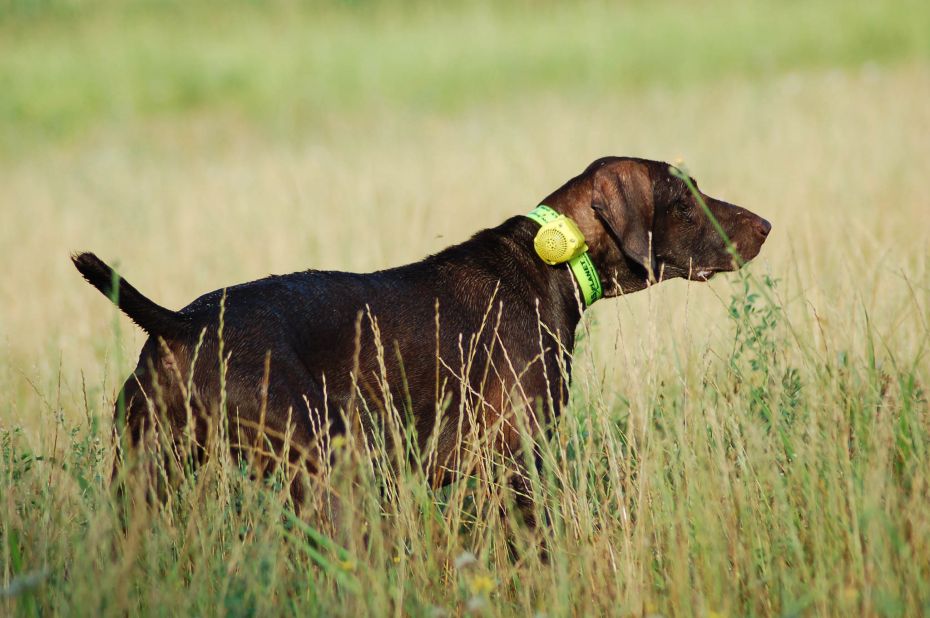
A consultation on whether to introduce a tightly-defined exemption to Scotland’s dog tail docking ban has been launched today.
Views are being sought on a possible change to allow vets to dock the tails of working Spaniel and Hunt Point Retriever puppies, by up to a third of their length, to reduce the risk of more serious injury later in life.
Docking dogs’ tails was completely outlawed in Scotland in 2007, although exemptions exist in other parts of the UK.
Rural Affairs Secretary Richard Lochhead said: “Scotland is a nation of dog-lovers with some of the highest animal welfare standards in the world.
“Protecting dogs from avoidable harm and suffering is the whole reason Scotland banned tail docking in the first place. But since then it has been argued that an exemption for specific breeds could help reduce the risk of injury to working dogs.
“This issue has clearly divided opinion which is why it is only right and proper that the Scottish Government formally consults on such an exemption and how it might work in practice.
“Specifically, we are seeking views about a very tightly-defined exemption for Spaniels and Hunt Point Retrievers as well further potential restrictions such as whether docking should be limited to the top third of the tail, or whether the procedure should only be carried out by specially approved veterinary surgeons.
“The consultation will therefore give everyone a chance to have their say and help inform us the best way to take this issue forward – and I urge everyone with an interest to respond before the consultation closes on 3 May 2016.”
Currently the docking of any dog’s tail is banned in Scotland. Other parts of the UK have exemptions to their bans, allowing certain breeds of working dogs to be docked. Veterinary surgeons may, of course, amputate part of an animal’s tail in the course of medical treatment.
Research commissioned from Glasgow University suggested that docking the tails of some breeds of working dog by a third while they are puppies could significantly decrease their risk of injury as a working adult.
